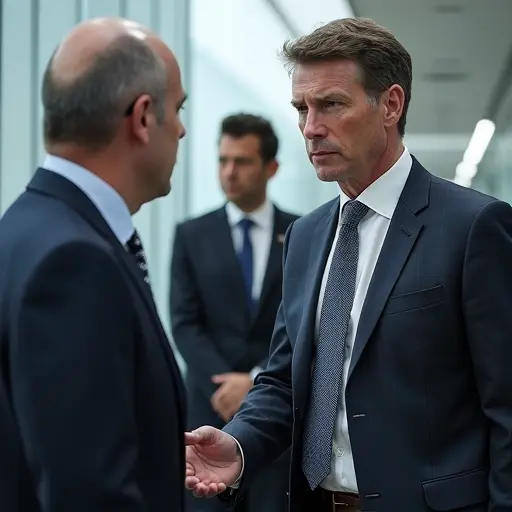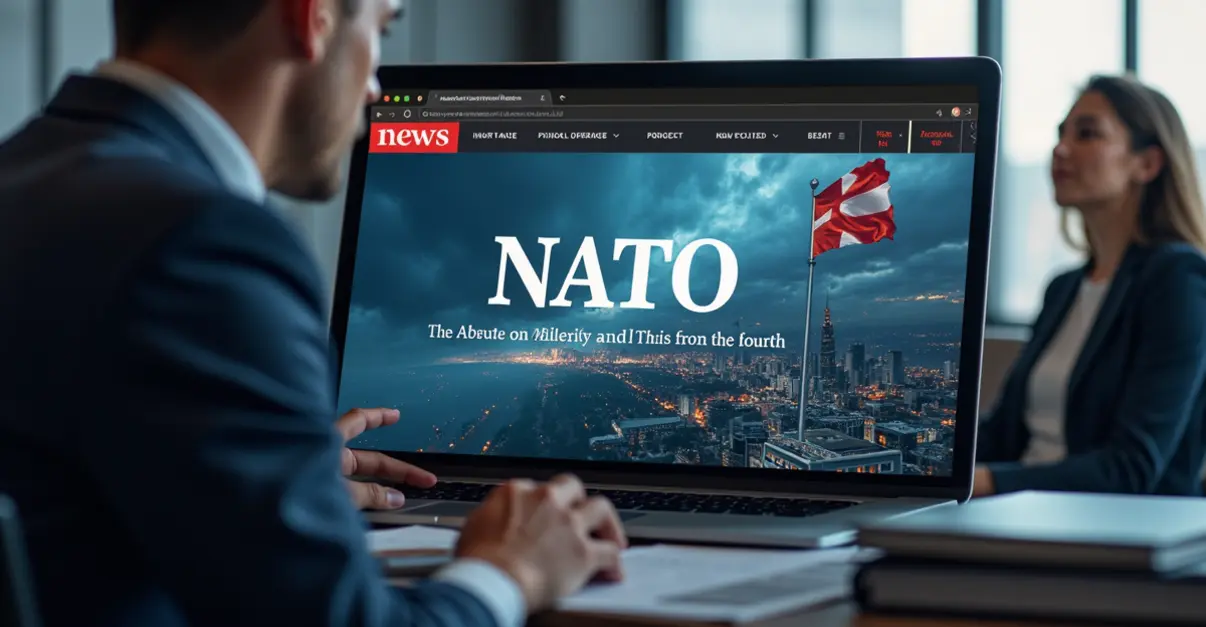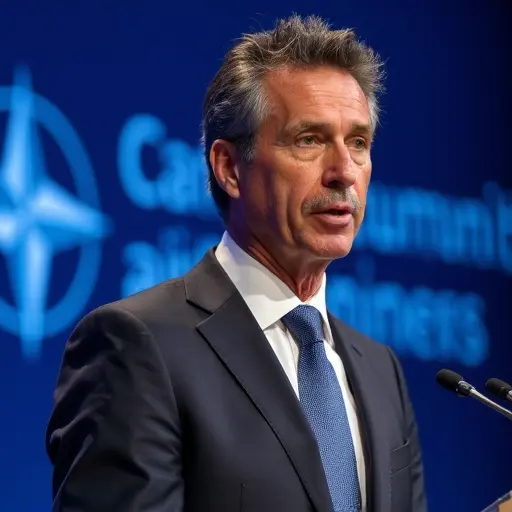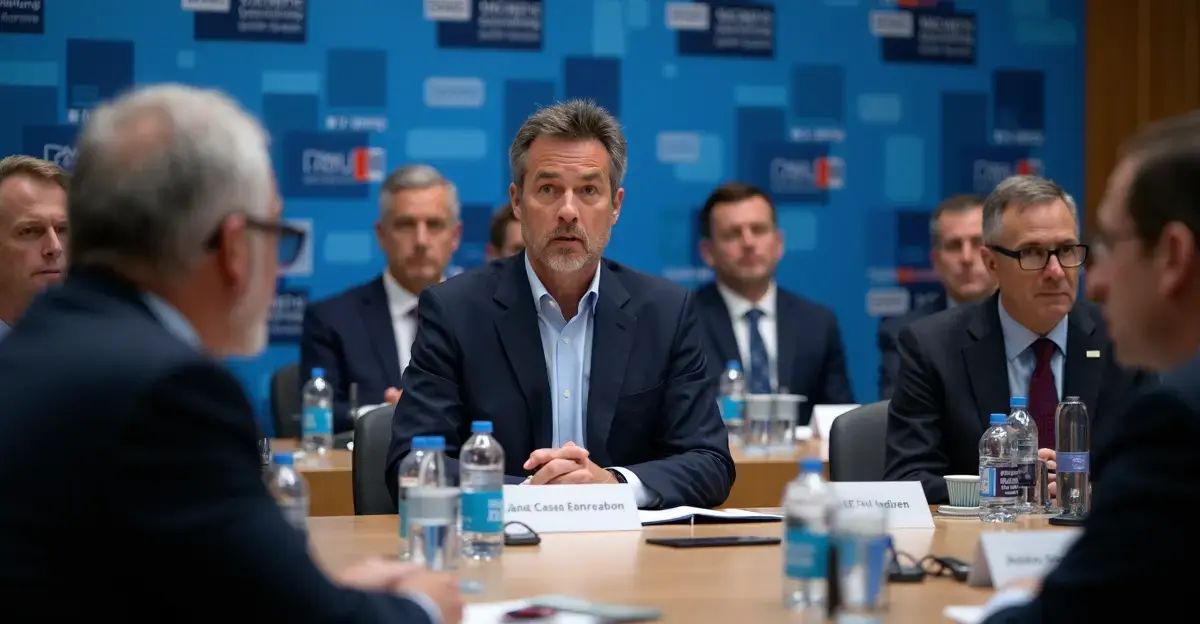Historic Defense Pledge at The Hague Summit
NATO leaders have made an unprecedented commitment to boost defense spending to 5% of GDP during the alliance's summit in The Hague. This ambitious target comes as Secretary General Mark Rutte called for a "wartime mindset" amid ongoing conflicts in Ukraine and growing global instability.
Breaking Down the Spending Targets
The 5% figure comprises 3.5% for core military expenditure and 1.5% for security infrastructure including cyber warfare capabilities and intelligence. While Poland leads the pack at 4.7% and the Netherlands plans combined spending of 5%, countries like Spain have publicly rejected the target, pledging only 2.1%.
The US Pressure Campaign
This dramatic increase follows intense pressure from Washington, where President Trump has repeatedly demanded European allies contribute more to collective defense. US Defense Secretary Pete Hegseth declared "5% will happen" during pre-summit negotiations, emphasizing America currently shoulders 65% of NATO's budget.
Implementation Challenges Ahead
Industry Readiness Concerns
Defense industry leaders warn that pledges must translate into concrete contracts. Saab CEO Micael Johansson stated Europe needs "alignment of requirements" to scale production, while Leonardo's Roberto Cingolani highlighted supply chain complexities involving 5,000 companies across 160 countries.
Political Resistance
Despite 23 members meeting the previous 2% target in 2024, several nations remain hesitant. Canada spent just 1.3% last year, while Italy only recently committed to reach 2%. The UK has reportedly sought a three-year delay in implementing the new targets.
Strategic Implications
The spending surge aims to address critical capability gaps identified since Russia's invasion of Ukraine. NATO plans to increase weapons stockpiles by 30% and accelerate defense production. As former US ambassador to NATO Kurt Volker cautioned: "Talk is cheap... if pledges get watered down, expect a clash with Washington."

 Nederlands
Nederlands
 English
English
 Deutsch
Deutsch
 Français
Français
 Español
Español
 Português
Português










